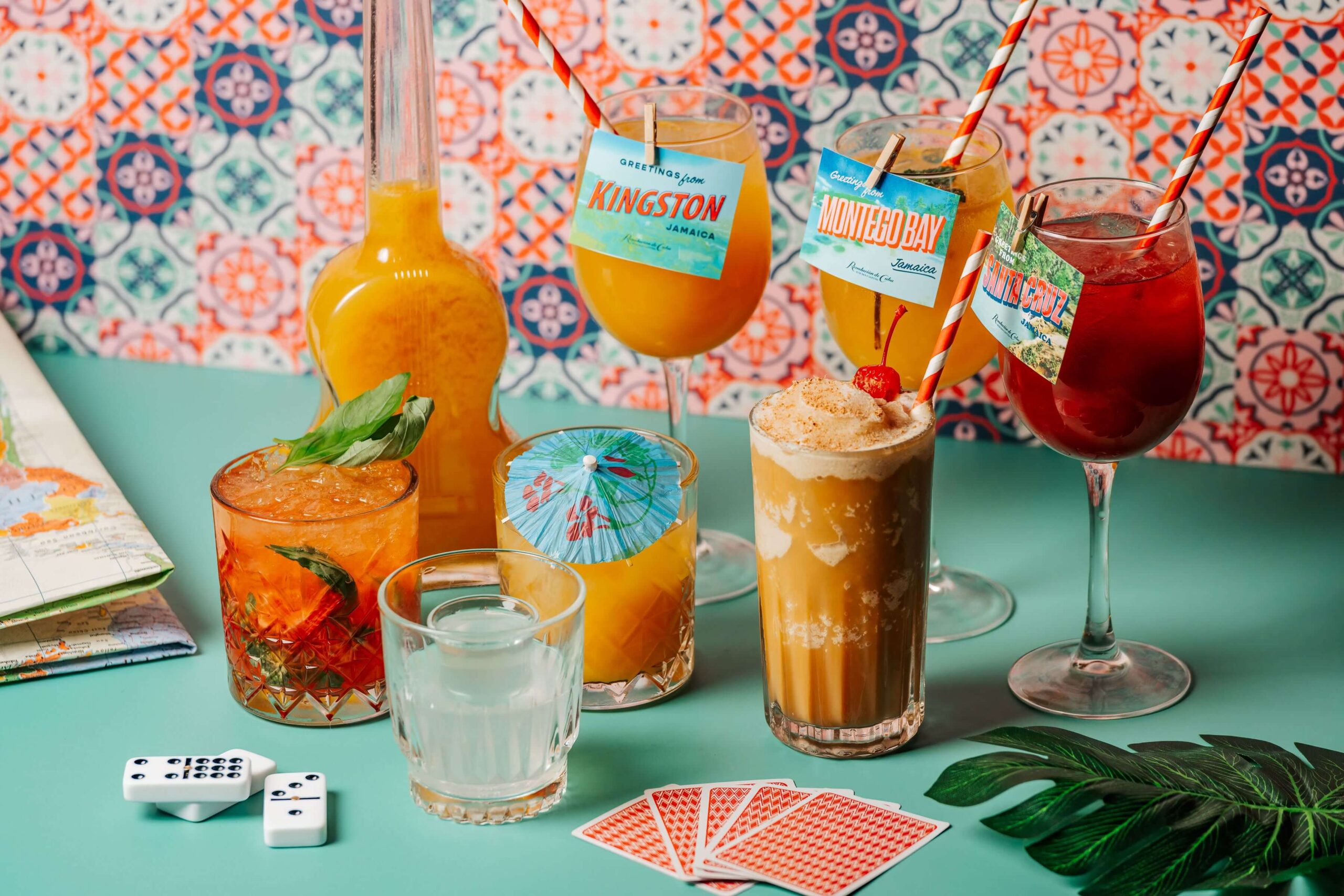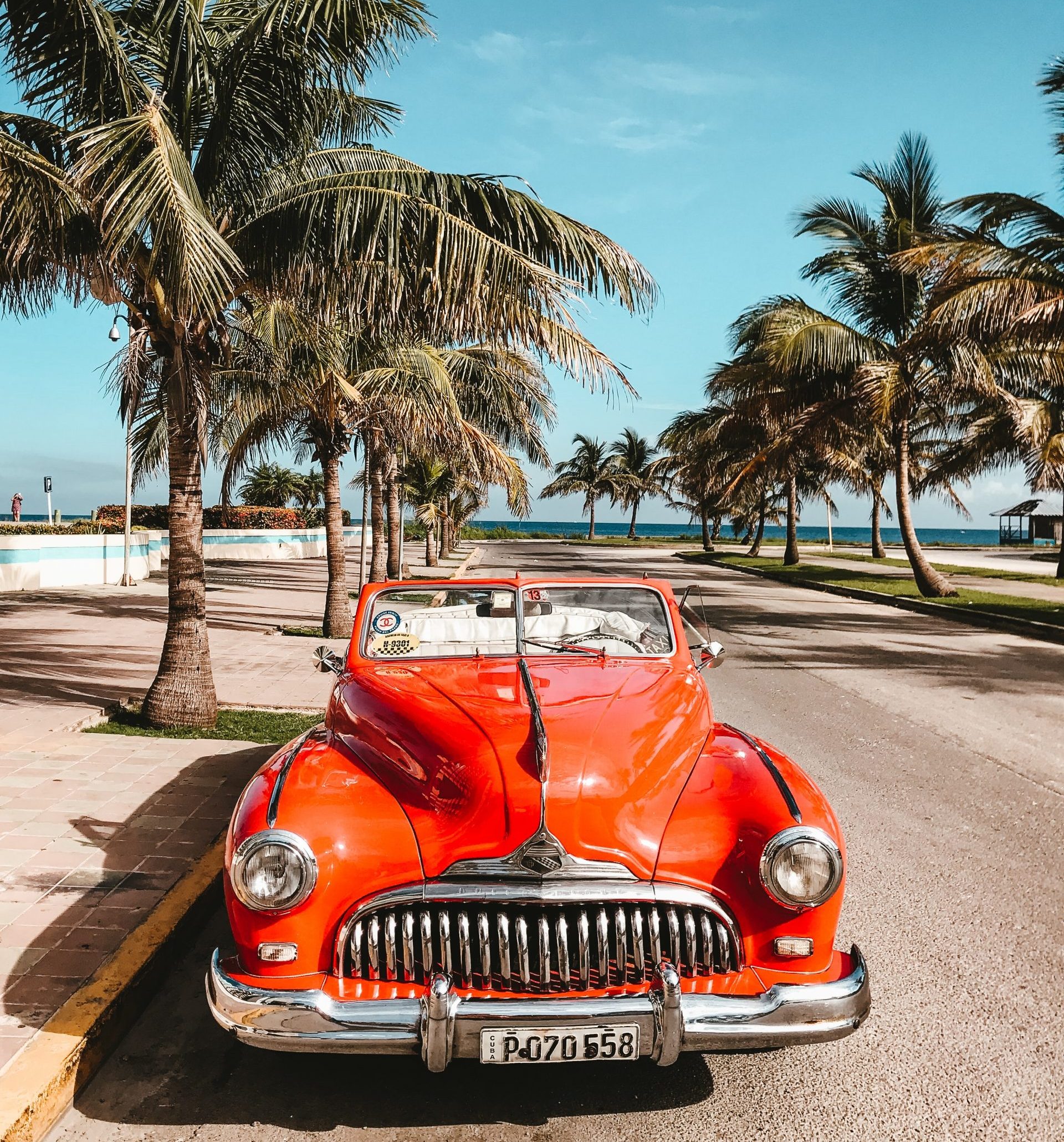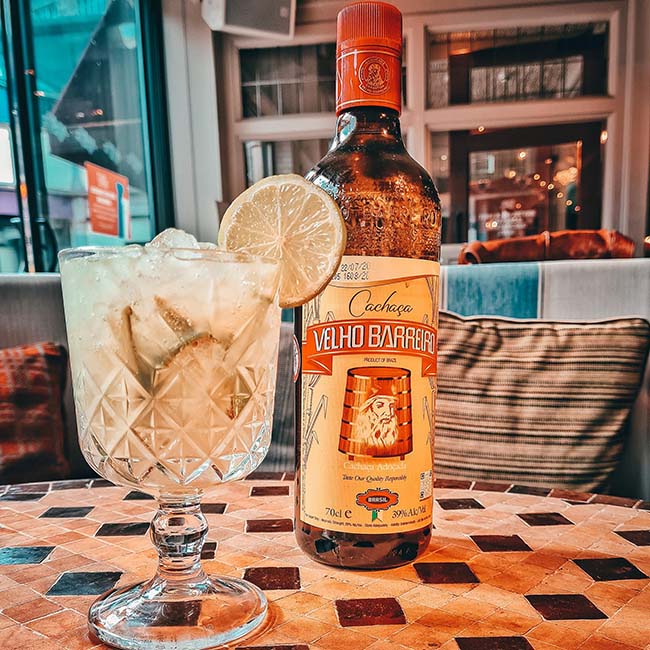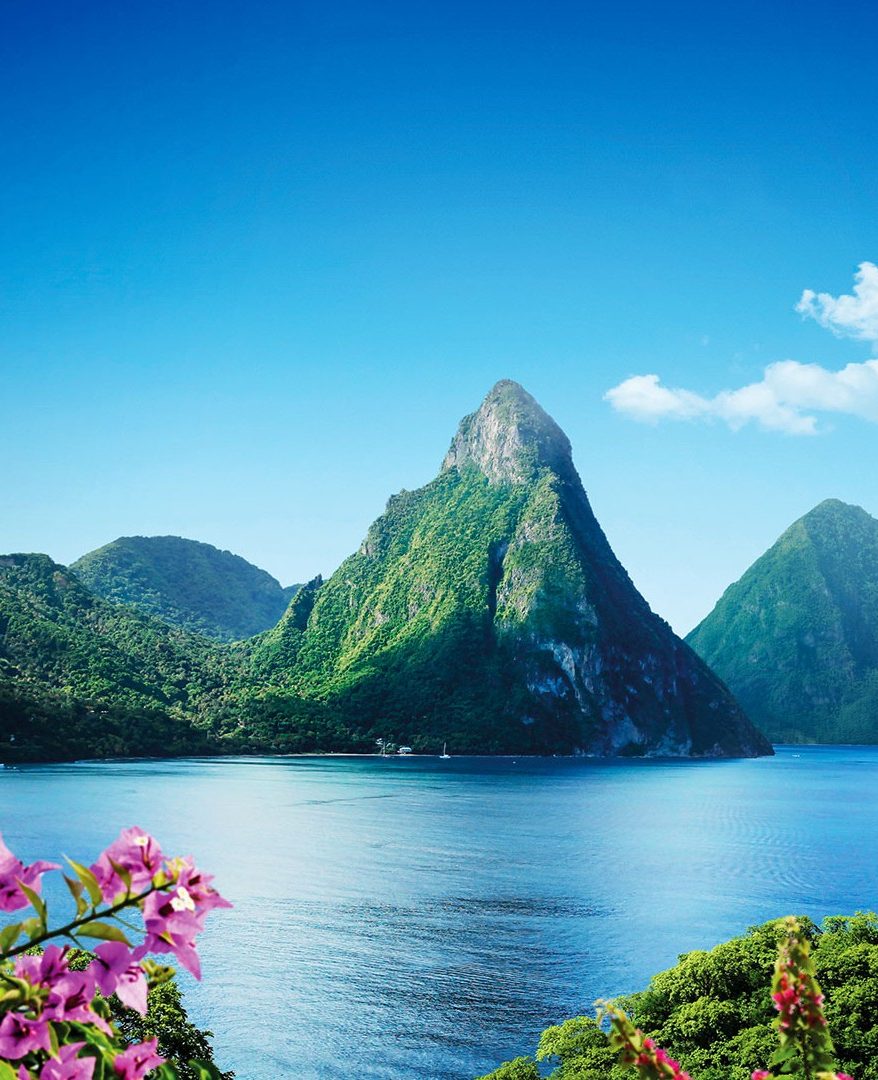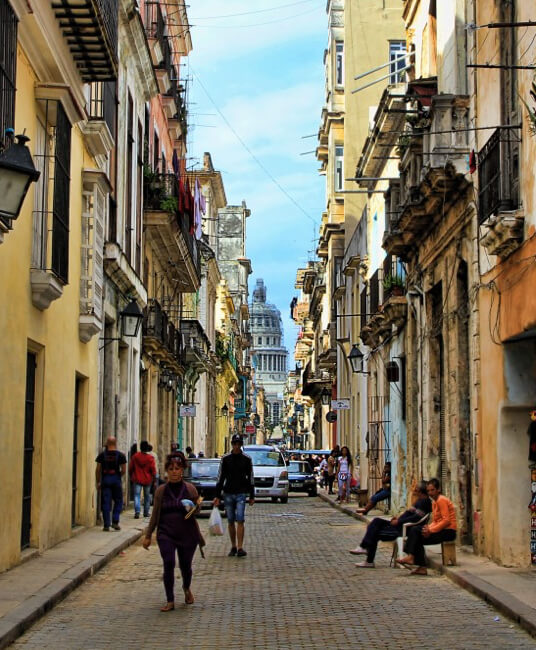The first time I went to Cuba it was everything I expected and everything I didn’t.
I had always wanted to go, it held a romantic attraction. Trapped in a time warp, with a richness of experience and a potential for excitement. Even from afar, you have to admit, it’s an intriguing place.
The kind of place you can see yourself escaping to. Find yourself, or lose yourself. It felt like a challenge.
And, when I finally did go, it became a love thing that’s hard to explain. So I tried.
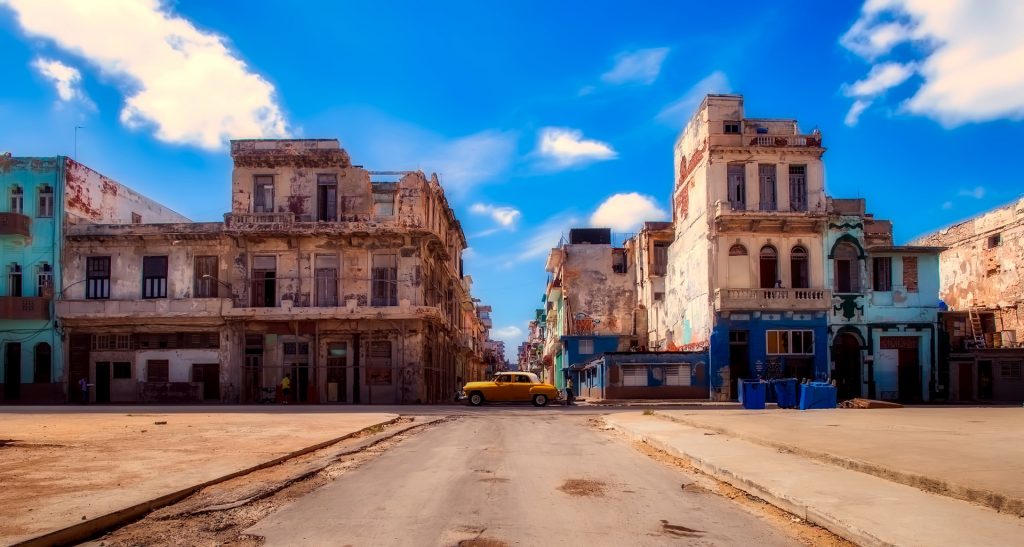
Sometimes, when we fall in love, we fall for the things we cannot see. For the things we do not understand. We fall because we are prepared to risk it all to find that one thing, that one small thing that will make all the other things not matter anymore. We fall for the questions as much as we fall for the answers.
And you only realise you are in love, when you realise you may never reach the end. And you realise that is what you were looking for all along.
This is how it feels to fall in love with Cuba.
11 million people, 2 million in Havana. Still resolutely communist, steadfastly closed, wildly open. Where the buildings are falling down or rising up; whether barriers are restricting creativity or enabling the hustle of entrepreneurship; whether the island is changing or change belongs to the rest of the world, you will not find the same answers here today as you will find tomorrow.
We came to Cuba on a journey to discover rum.
We left with more than just a spirit; we found spirit.
We found a country that is full of contradictions. Much has been made of this. For everything you learn about Cuba, there is another way to interpret it. This place is complex, confounding, complicated.
The music, which is everywhere, swings. And it’s live, of course it is live. Some of the best live music you have ever heard, playing in the street or round the corner or coming from the smallest bar you have ever seen, where there is barely room for drinking let alone dancing.
And yet, still, there is dancing.
The dancing is for everyone. Children and the elderly and those that can’t, but everybody can. They dance amongst dilapidated buildings and they dance despite the frustrations of people who are at once so trapped and so liberated. They dance despite the poverty.
Because there is poverty, that has plagued Cuba for decades, but also contributed to the preservation of its beauty and historic architecture. By far the largest island in the Caribbean, Cuba is arguably the most beautiful and the most interesting, culturally rich and historically significant. There are people who can afford and there are people who cannot. But there seems to be little disparity between richness and poverty. No big brands, no flaunting of wealth, no tourist-only stores and restaurants. From the harrowing desperation of years on the island, you do not see people profiting from the struggles.
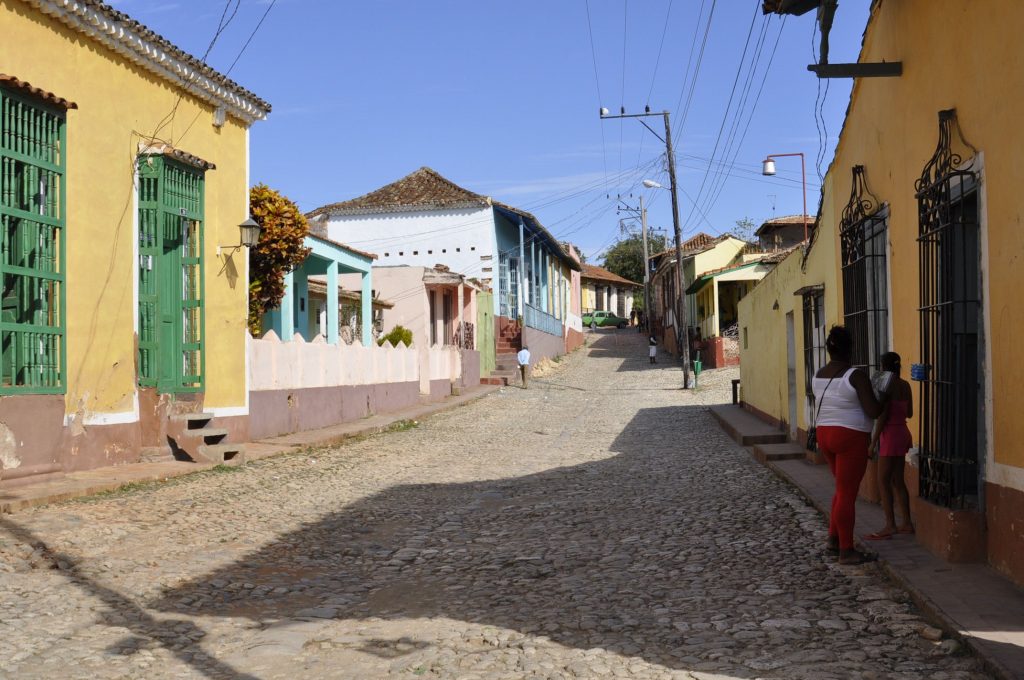
Instead, you see innovation everywhere. But, stop for a second. Imagine this. You see innovation without technology, without the internet. Put innovation into its purest form and everyone is a problem-solver. When you need to be creative, you find solution. But not by Googling it, because the internet is something that happens to someone else. Somewhere else.
There are more doctors per person than most developed countries. But medicine is scarce. An ibuprofen pill makes a nice gift. If you have a headache, you say a prayer.
We found chaos. On the roads, where nobody stops for anybody or anything and on the freeways where hitchhikers group under bridges to nowhere, waiting for Government cars that are required by law to pick them up. It makes no sense.
It makes perfect sense.
We found incredible food. Time-defying classics and nouvelle Cuban cuisine. The finest of which is in the rundown paladares, the living rooms or kitchens of the families granted permission to sell food as long as they provide no more than 12 chairs.
We found an overwhelming positivity and contentment. Despite the fact that people are still unable to travel, still earn ridiculously low wages, have milk shortages, song lyric censoring, I’ve said no internet but: no internet, the expensive rates of phone calls, the queuing and queuing and queuing. Despite all of this, Cubans appreciate the things they do have: low crime rates, high-quality education where practically everyone on the island over the age of fifteen can read, absence of serious drug issues, absence of guns.
Cuba’s politics still cannot be oversimplified. And the idea that they have traded up authoritative communism for democratic capitalism is to downplay what is going on here. The present is more complicated than that, and the future will be too.
We found ourselves, we lost ourselves and we brought a little piece of Cuba’s magic home with us. Escape from, or escape to, it’s all the same thing in the end.
We will always be in love with Cuba. It is too late now, we’ve fallen. The only thing we can do is share it. That way, you can fall in love with it too.
“And if travel is like love, it is, in the end, mostly because it’s a heightened state of awareness, in which we are mindful, receptive, undimmed by familiarity and ready to be transformed. That is why the best trips, like the best love affairs, never really end.”
Why We Travel – Pico Iyer




